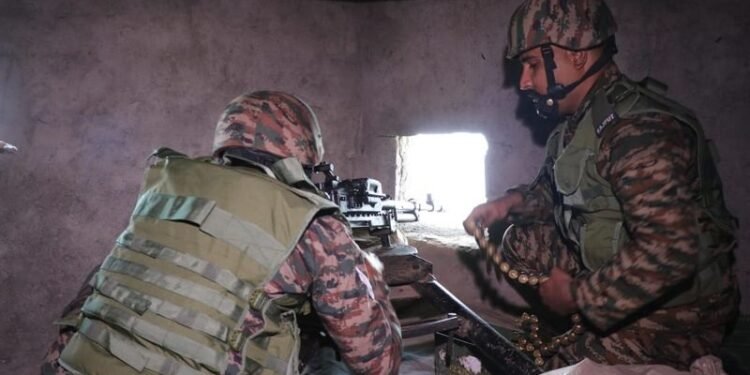The Poonch Brigade was directly dealing with the intense shelling by Pakistan on Army posts and civilians. The Army retaliated with might that led to heavy damage on the Pakistani side, specifically in areas opposite Poonch along the Line of Control (LoC).
While briefing media, Brigadier Mudit Mahajan, the Commander of the Poonch Brigade, said the losses that the Pakistan army faced were not just in numbers, but also in terms of morale and initiative.
“Today, they have lost their credibility before their own nation. So far, we have inputs about imposing heavy numbers in fatal and non-fatal casualties upon the enemy. The numbers are still adding up with each passing day and our intelligence agencies are on the job to corroborate and verify these inputs.”
He further said, “Operation Sindoor is not over, it only remains suspended for the time being. Therefore, the Indian Army remains alert. If challenged, we too will respond again, not with words, but fire and the nation’s resolve.”
“We did not wait to react; we were prepared to respond. To that extent, I will say that the Poonch Brigade was not only a part, but was at the heart of Operation Sindoor,” he added.
He said, “The Pakistan-sponsored terror strike at Pahalgam, was met with a calibrated response from the Indian Army, initially focusing solely on terrorist infrastructure. The Army struck with unmatched precision— six of nine critical terrorist targets opposite Poonch, Rajouri and Akhnoor were hit and neutralised effectively that night.”
Plug, not fuse, in Pak artillery shell
– An Army official said, “Fitting of a fuse on an artillery shell is the most basic training imparted to gunners worldwide as part of their basic training. This UXO is an apt example of the extremely shallow training standards of the Pakistan artillery.”



















